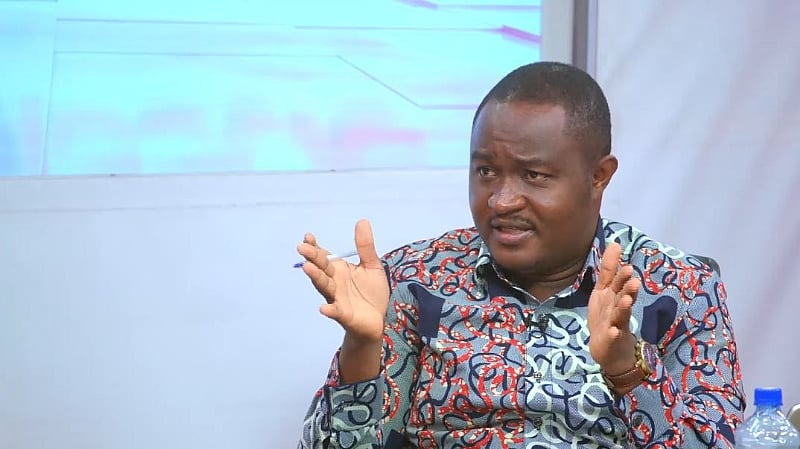The arrival of two aircraft in Accra last March sparked controversy and allegations of illicit activities, prompting a discussion on the burden of proof and the role of citizens and authorities in investigating potential criminal activity. Kwasi Kwarteng, a legal practitioner and member of the opposition New Patriotic Party, entered the fray, offering a legal perspective on the unfolding debate. The core of the contention revolves around the assertions made by Reverend John Ntim Fordjour, Member of Parliament for Assin South, who alleged that the flights carried cocaine and laundered money. Kwarteng’s intervention aimed to clarify the distinction between raising a suspicion and providing conclusive evidence, emphasizing the respective roles of citizens and state agencies in such matters.
Kwarteng’s central argument hinges on the difference between raising an alarm and bearing the legal burden of proof. He contends that anyone, including a Member of Parliament, has a civic duty to report suspicions of criminal activity to the relevant authorities. Such reports, he explains, may be based on circumstantial evidence or intelligence, which may not meet the stringent standards required for formal legal proceedings. The critical point, according to Kwarteng, is that raising a concern doesn’t necessitate providing irrefutable evidence; it simply requires presenting credible information or reasonable grounds for suspicion to warrant further investigation. The onus then shifts to the state to conduct a thorough investigation.
Demanding concrete evidence from the individual raising the alarm, Kwarteng argues, misconstrues the process and places an undue burden on the citizen. The state’s investigative apparatus is equipped and empowered to delve deeper into the matter, gather evidence, and ascertain the veracity of the claims. This division of labor ensures that citizens are not deterred from reporting suspicions due to the fear of having to provide irrefutable proof, while simultaneously ensuring that the state retains the responsibility for investigating potential criminal activity. Kwarteng underscores that it is the state’s primary responsibility to investigate such claims once they are brought to light, ensuring good governance, transparency, and accountability.
The controversy surrounding the two flights began with the Minority Caucus in Parliament, led by the former Deputy Education Minister, holding a press conference. During the press conference, they called upon the National Security Ministry to disclose the cargo details of Air Med Flight N823AM and Cavok Air Antonov 12B, alleging the potential presence of illicit substances and large sums of money. These allegations fueled public speculation and intensified the demand for transparency and a thorough investigation into the matter. The Minority’s call for disclosure further highlighted the need for clear communication and accountability from the government in addressing such concerns.
In response to the allegations, Felix Kwakye Ofosu, Minister of Government Communications, maintained that both aircraft, one a cargo flight and the other a medical flight, had legitimate reasons for landing in Ghana. He asserted that the necessary security checks were conducted by the relevant authorities and that nothing illegal was found onboard. This official response, however, failed to quell the suspicions raised by the Minority Caucus, contributing to the ongoing debate about the transparency of the process and the adequacy of the investigations. The contrasting narratives presented by the Minority and the government further emphasized the need for an impartial and thorough investigation to establish the facts of the matter.
The unfolding situation highlights the critical balance between citizen vigilance and the state’s responsibility to investigate potential wrongdoing. Kwarteng’s legal analysis clarifies the expectations and responsibilities of both citizens and the state in such circumstances. His argument underlines the importance of protecting the right of citizens to raise concerns without fear of reprisal or undue burden of proof, while emphasizing the state’s obligation to conduct thorough investigations to maintain public trust and ensure accountability. The controversy surrounding the two flights serves as a case study in the dynamics of transparency, accountability, and the pursuit of justice in a democratic society. The ongoing debate underscores the need for clear protocols and effective communication to address public concerns and maintain confidence in the integrity of the nation’s security apparatus.


